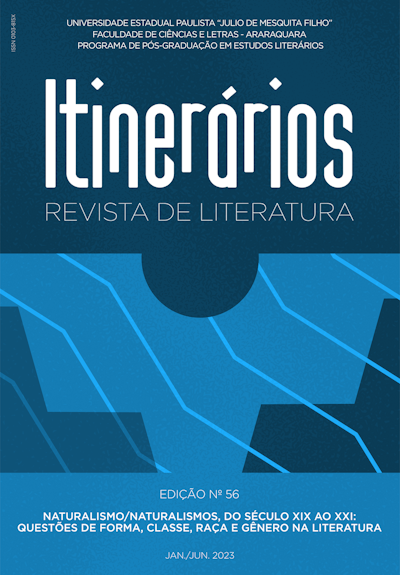Federico Gamboa and Aluísio Azevedo
México, Brasil and catolicism in the International Naturalist
DOI:
https://doi.org/10.58943/irl.v1i56.18145Keywords:
Naturalism, Brazilian naturalismo, Mexican naturalismo, Comparative literature, International NaturalismAbstract
Novels of naturalist movement around the world are usually analyzed using European works as paradigm. Although this bias cannot be entirely disregarded, this article proposes a comparative reading of two Latin American authors, Aluísio Azevedo (Brazil) and Federico Gamboa (Mexico), based on their respective novels O mulato e Santa. Both books are characterized by their approachs to Catholic religiosity, wich is a common background shared by Brazil and Mexico. Despite this connection, these novels presented a quite diverse point of view: while O mulato adopts an evident anti-clerical position, targeting representatives of the Catholic institution, Gamboa seeks a deeper understanding of Catholic religiosity. Through experimental novel methods, Gamboa constructs a critical yet comprehensive interpretation of the significance of religion in the lives of his characters, particularly the prostitute Santa, who lends her name to his book.
Downloads
Published
Issue
Section
License
Os manuscritos aceitos e publicados são de propriedade da revista Itinerários. É vedada a submissão integral ou parcial do manuscrito a qualquer outro periódico. A responsabilidade do conteúdo dos artigos é exclusiva dos autores. É vedada a tradução para outro idioma sem a autorização escrita do Editor ouvida a Comissão Editorial.

